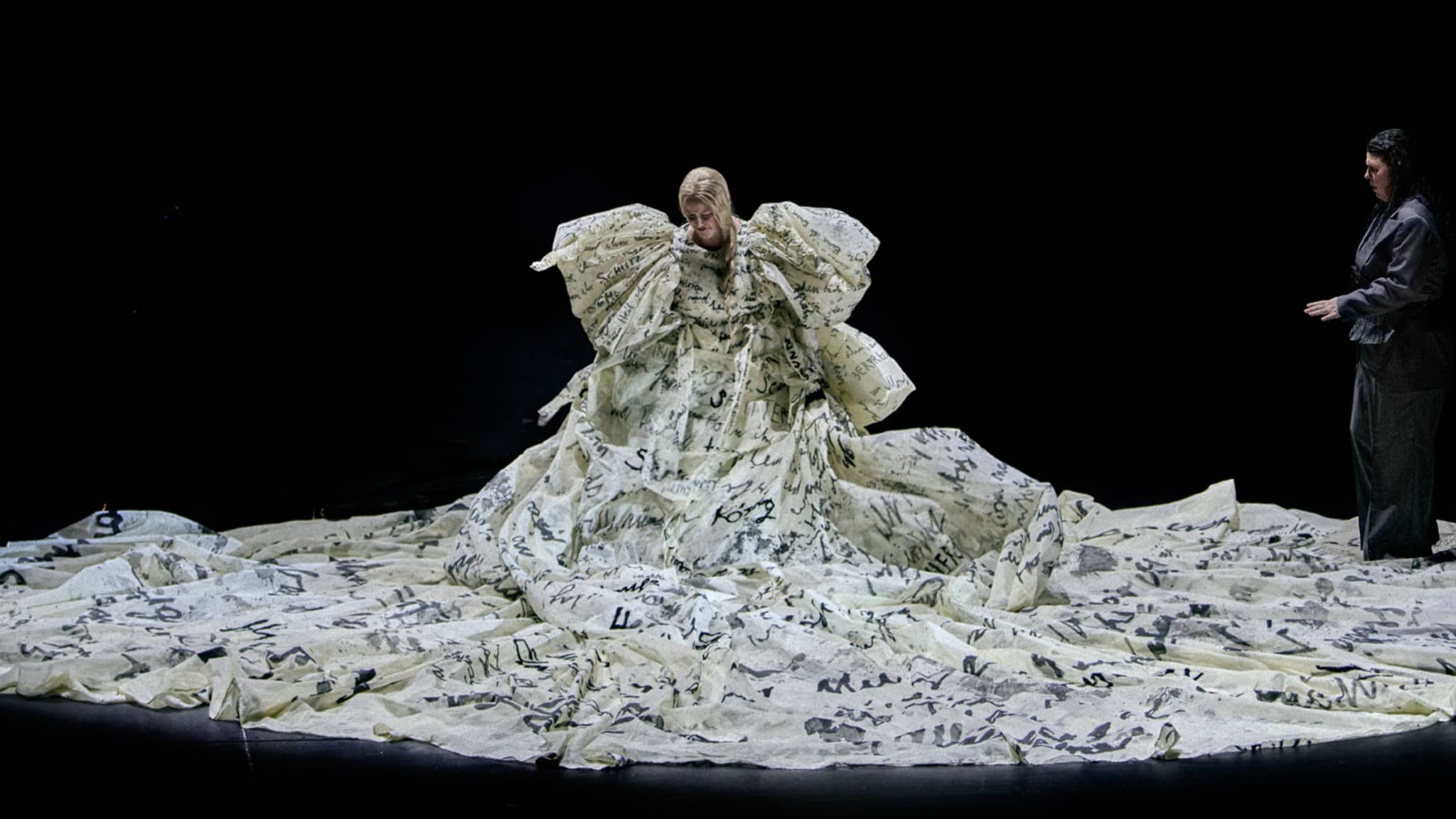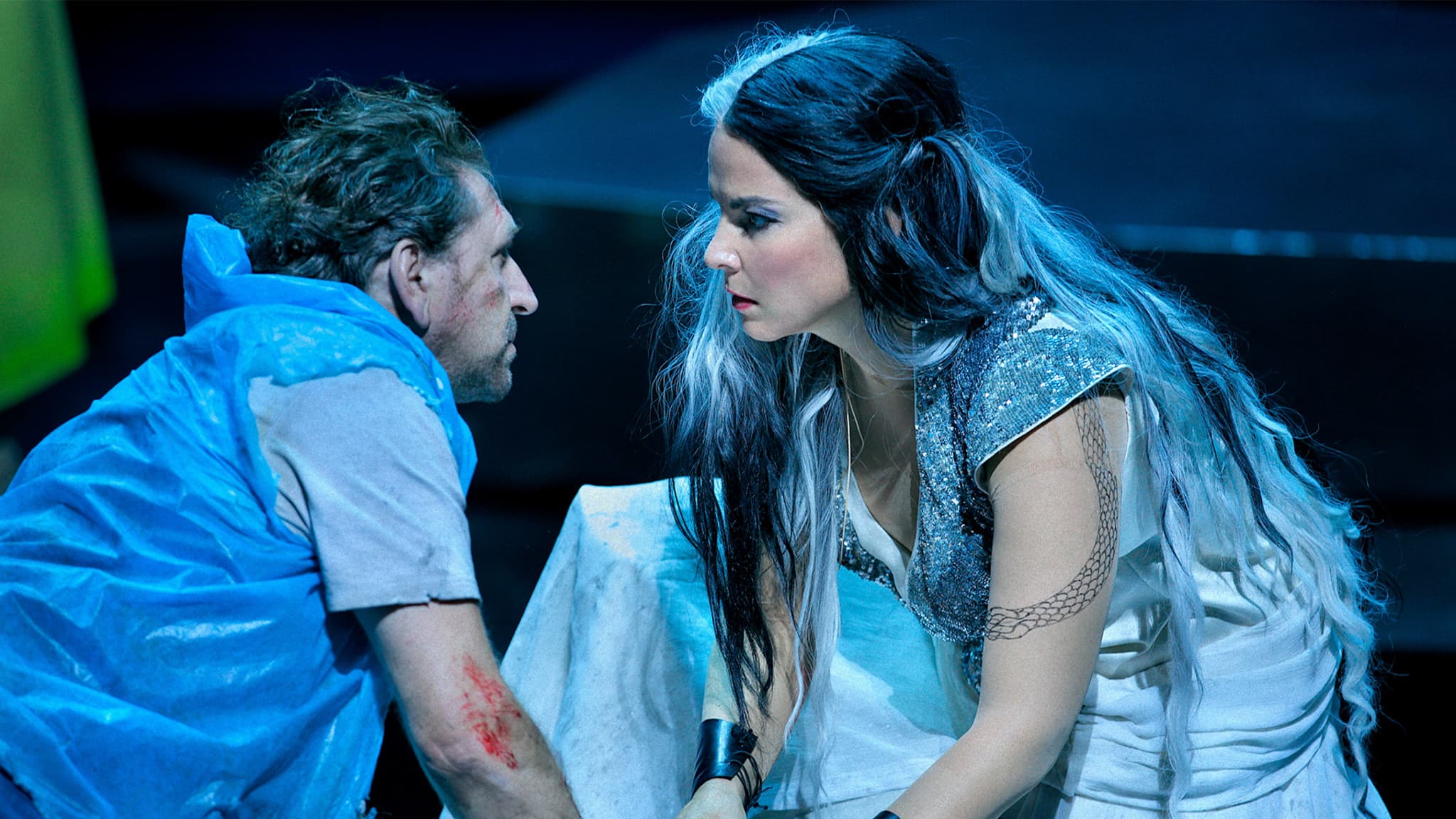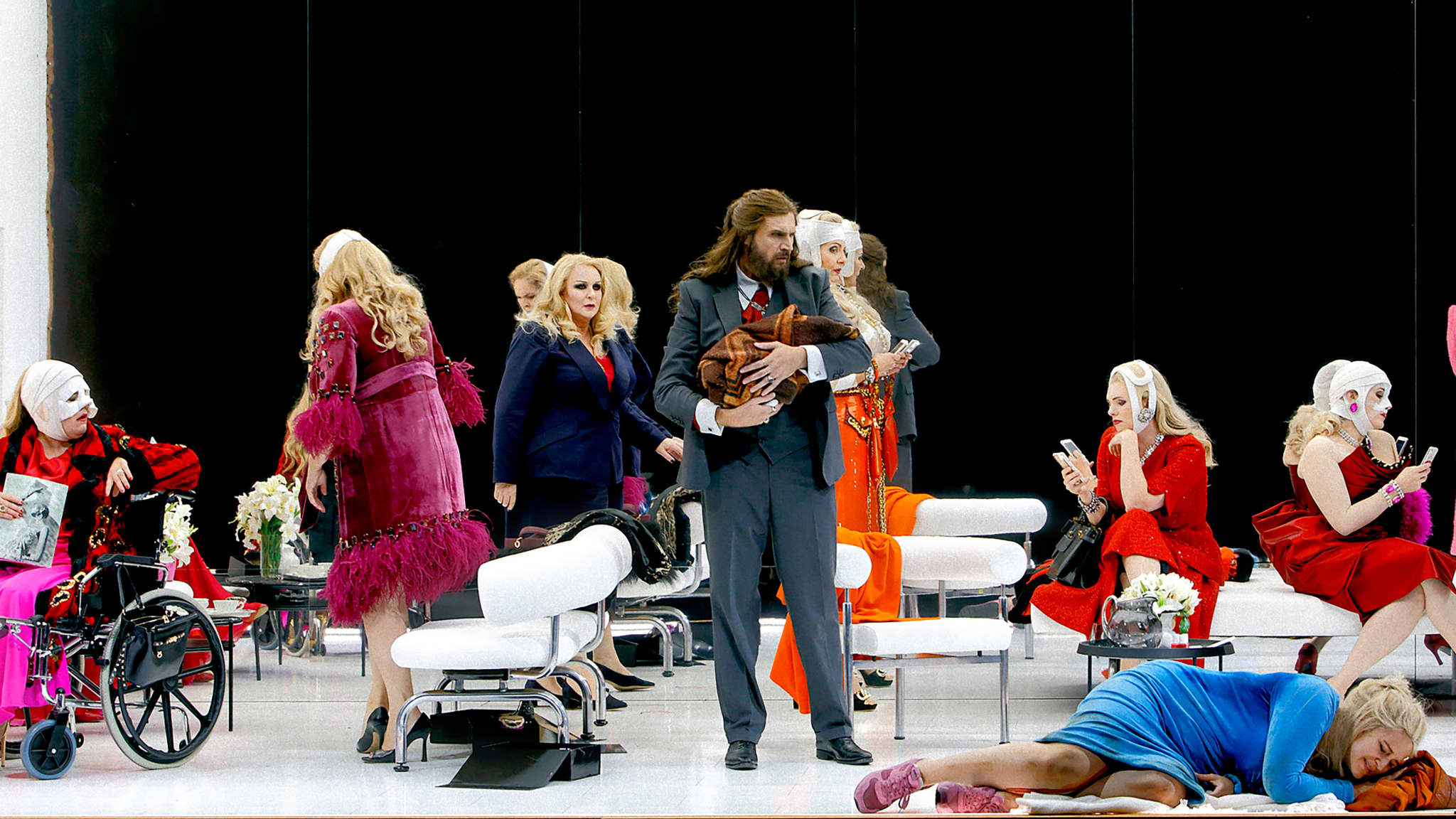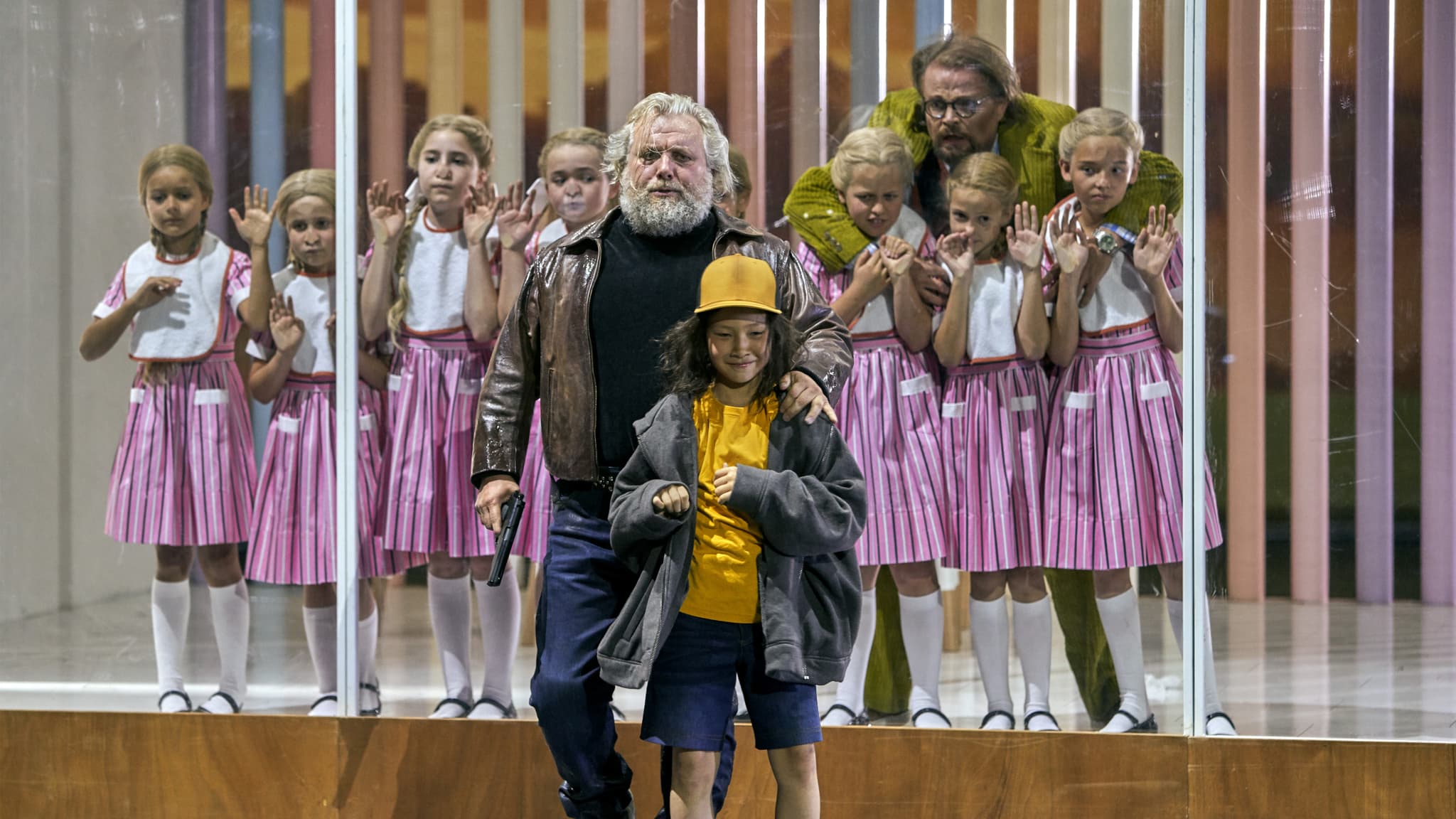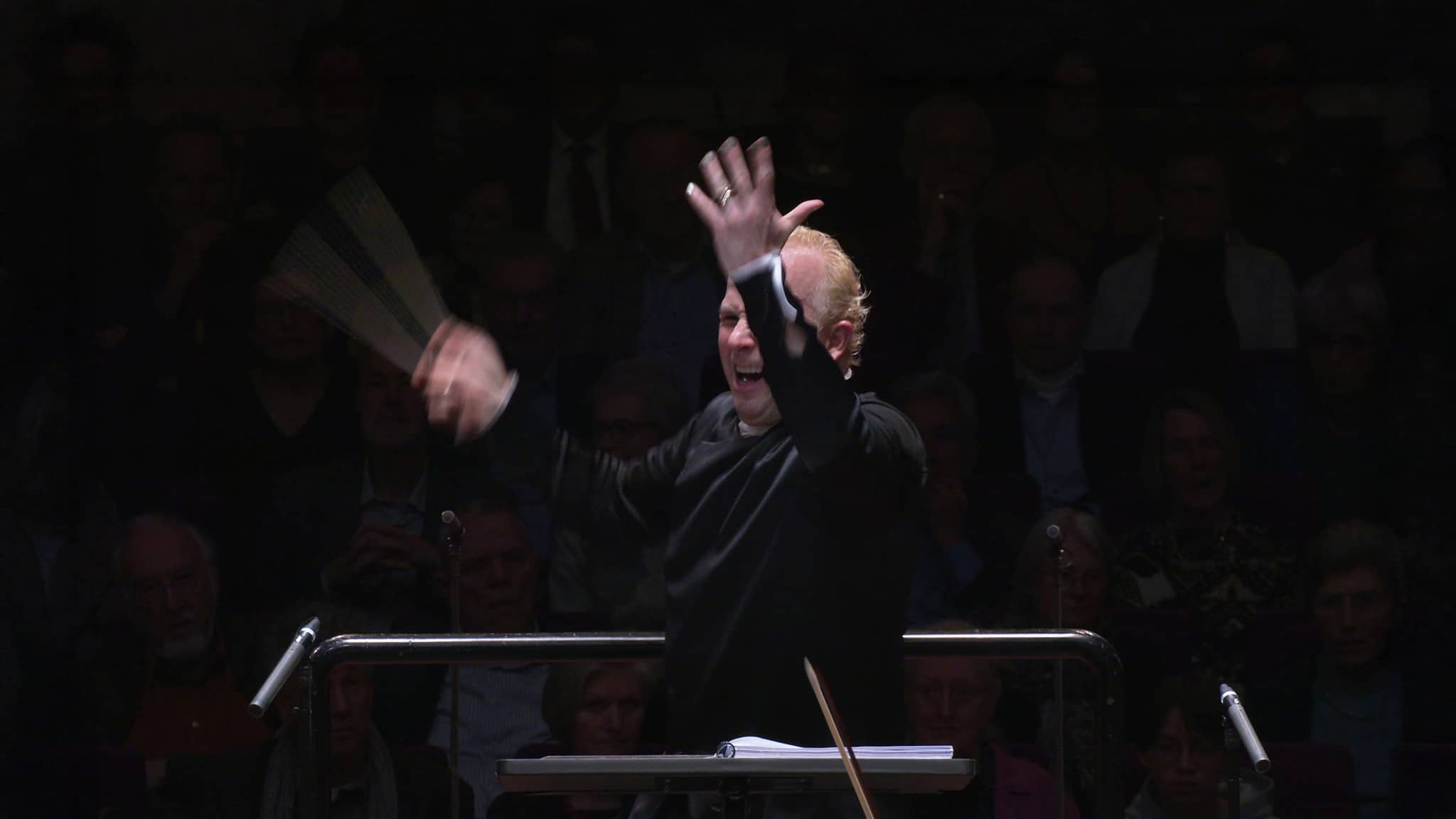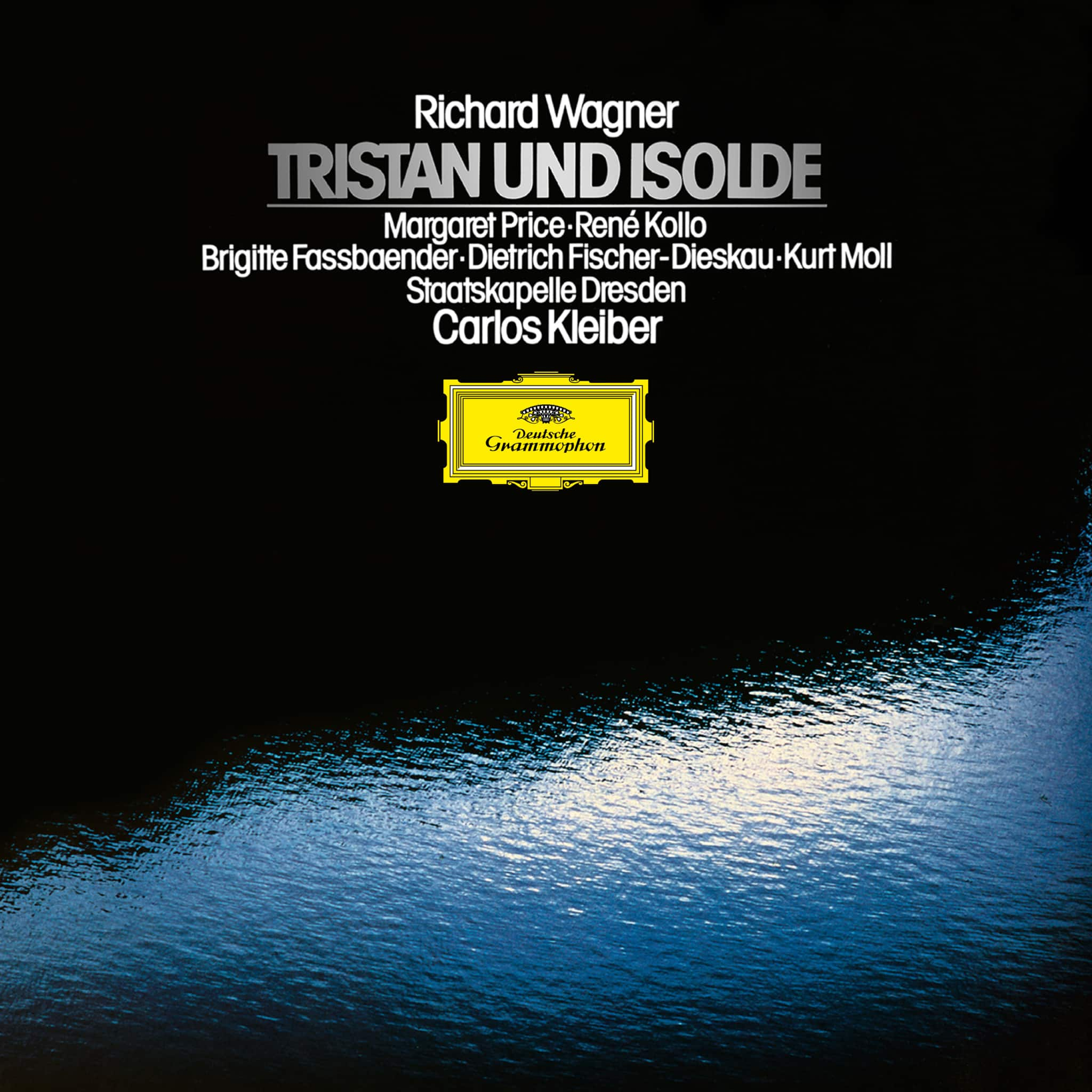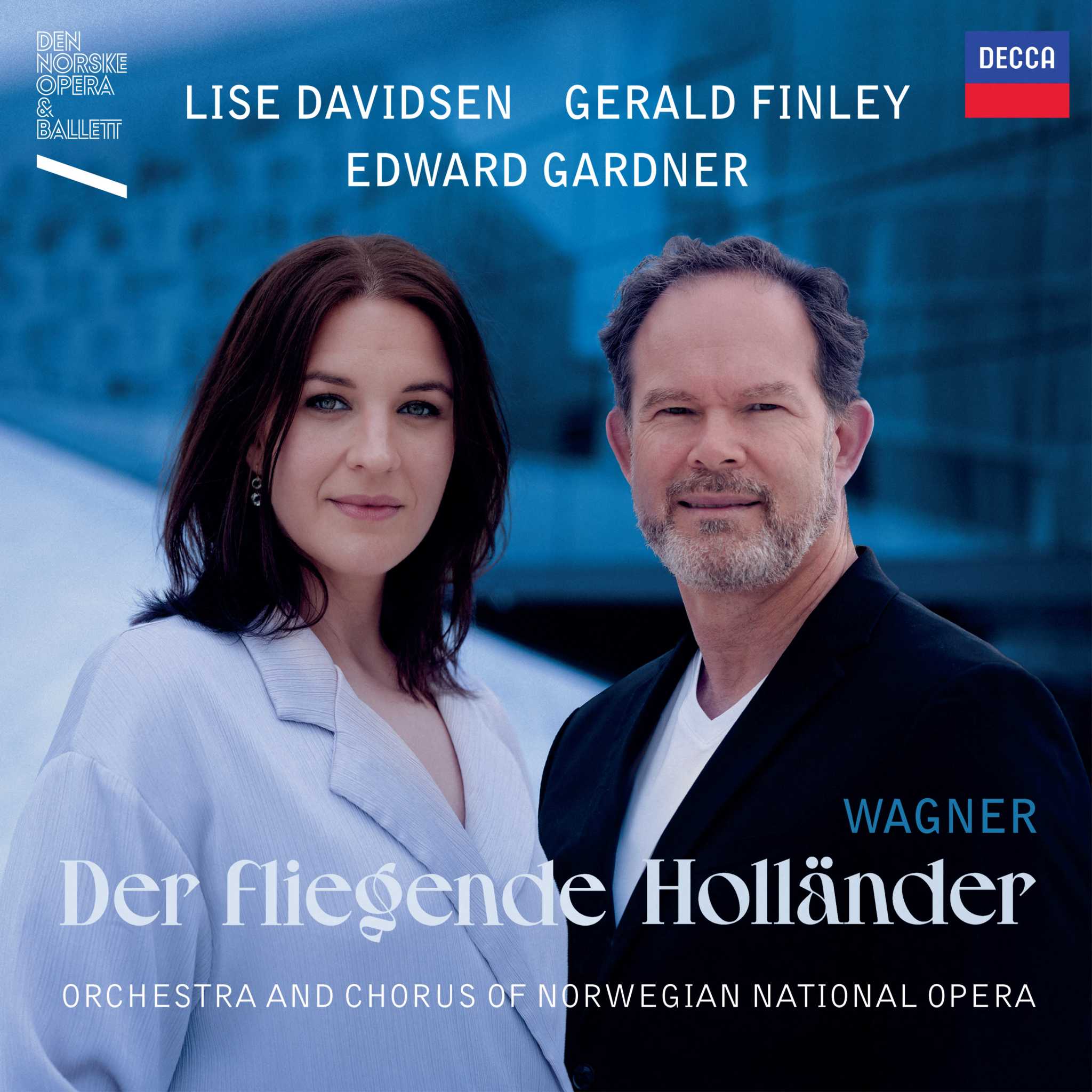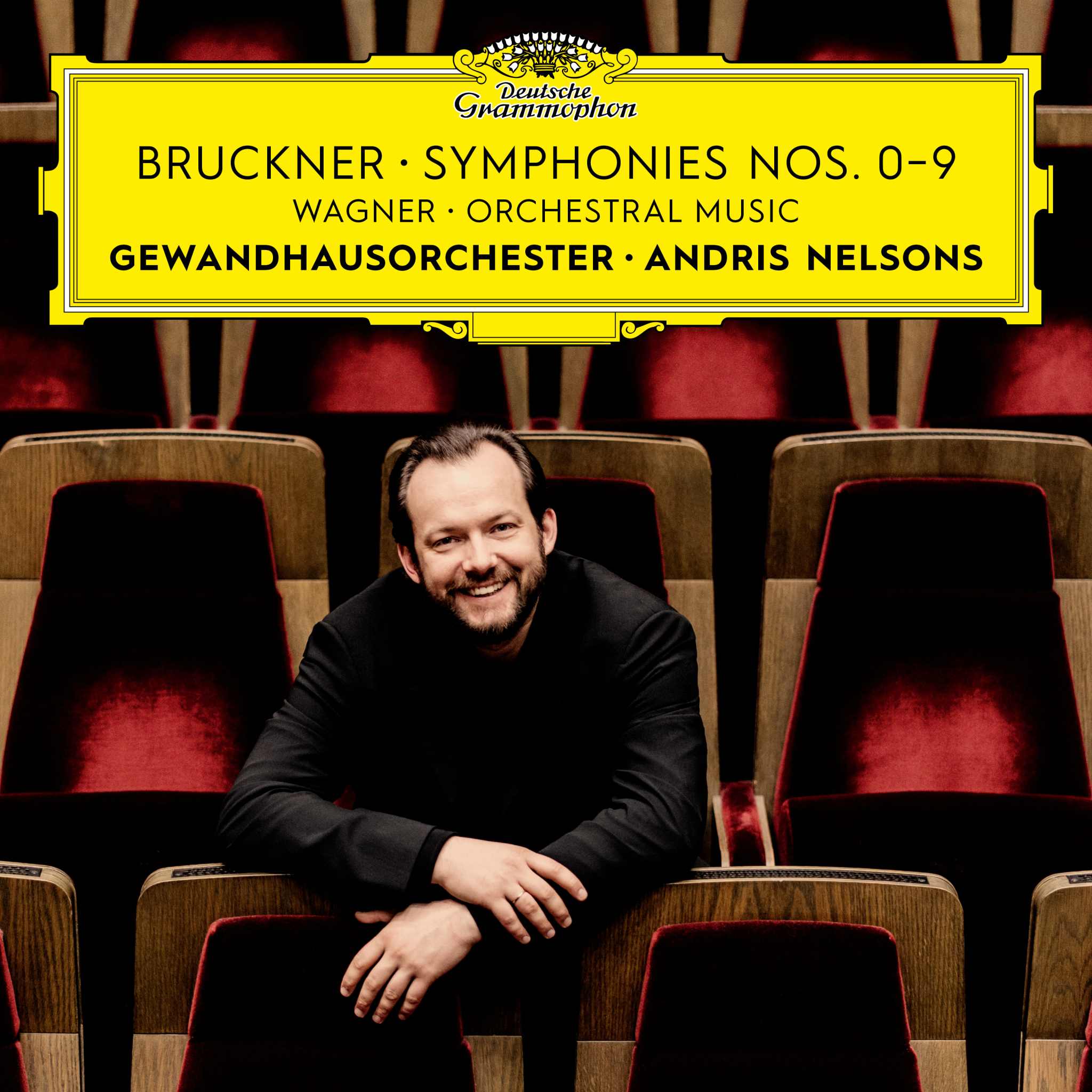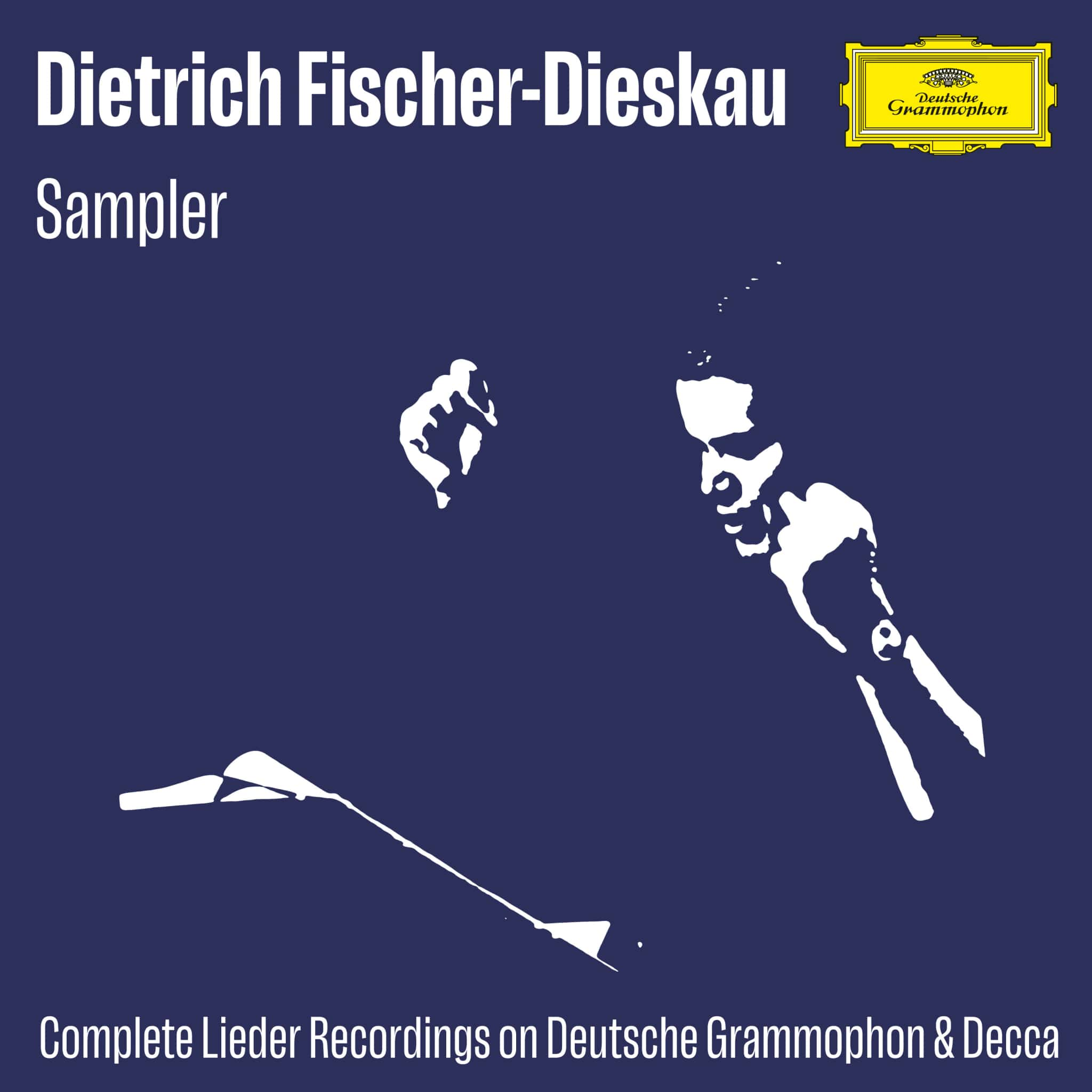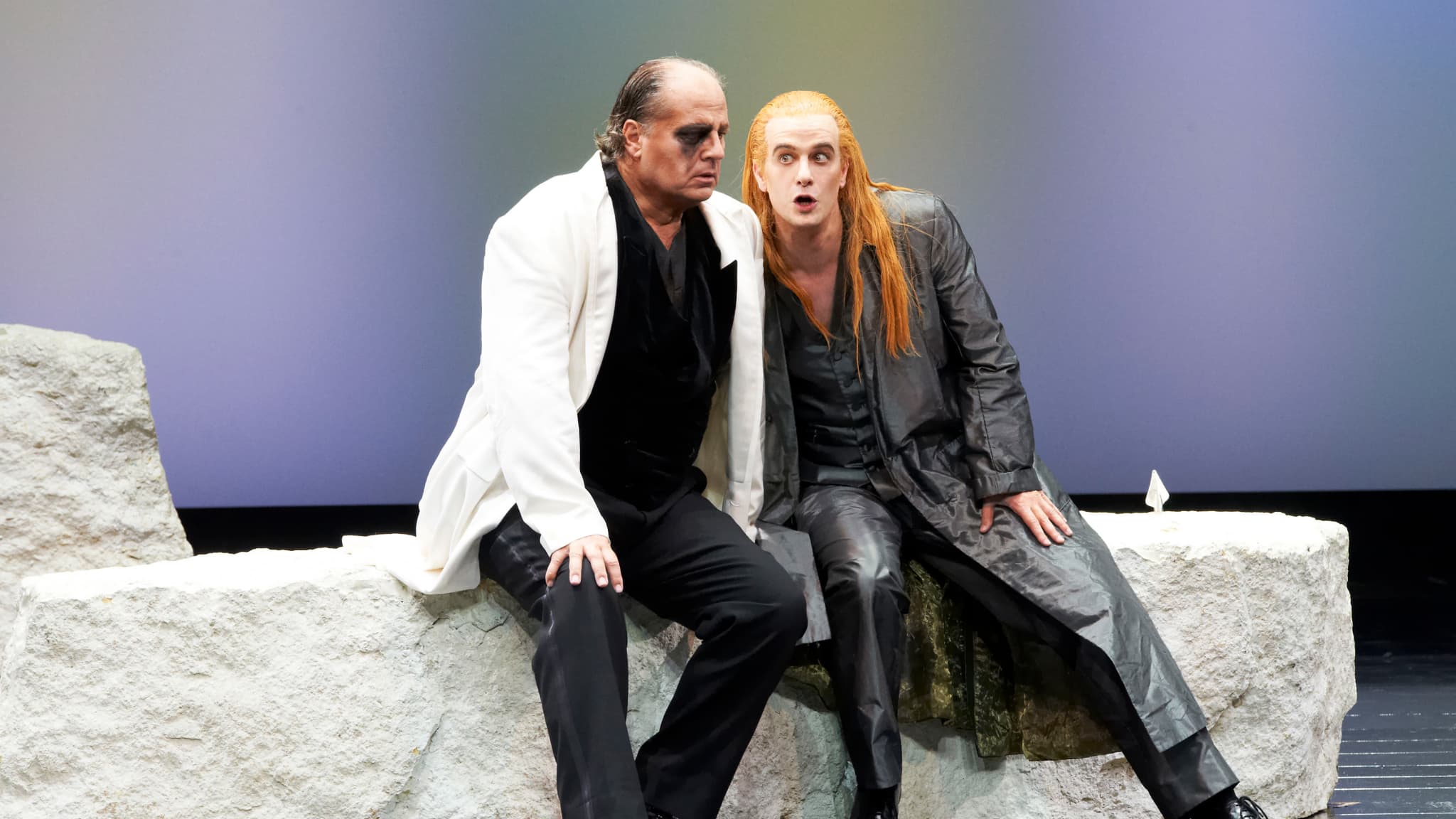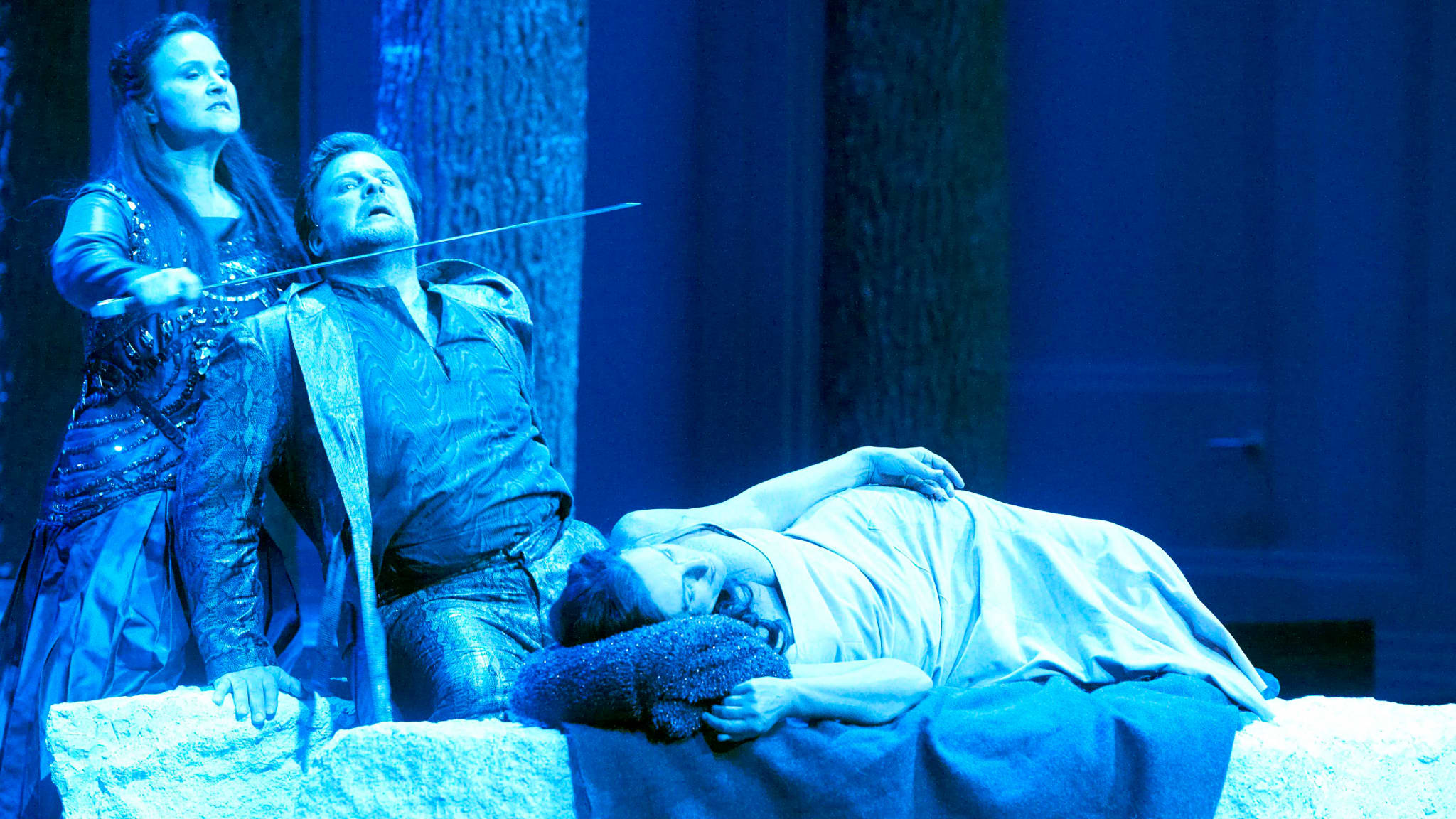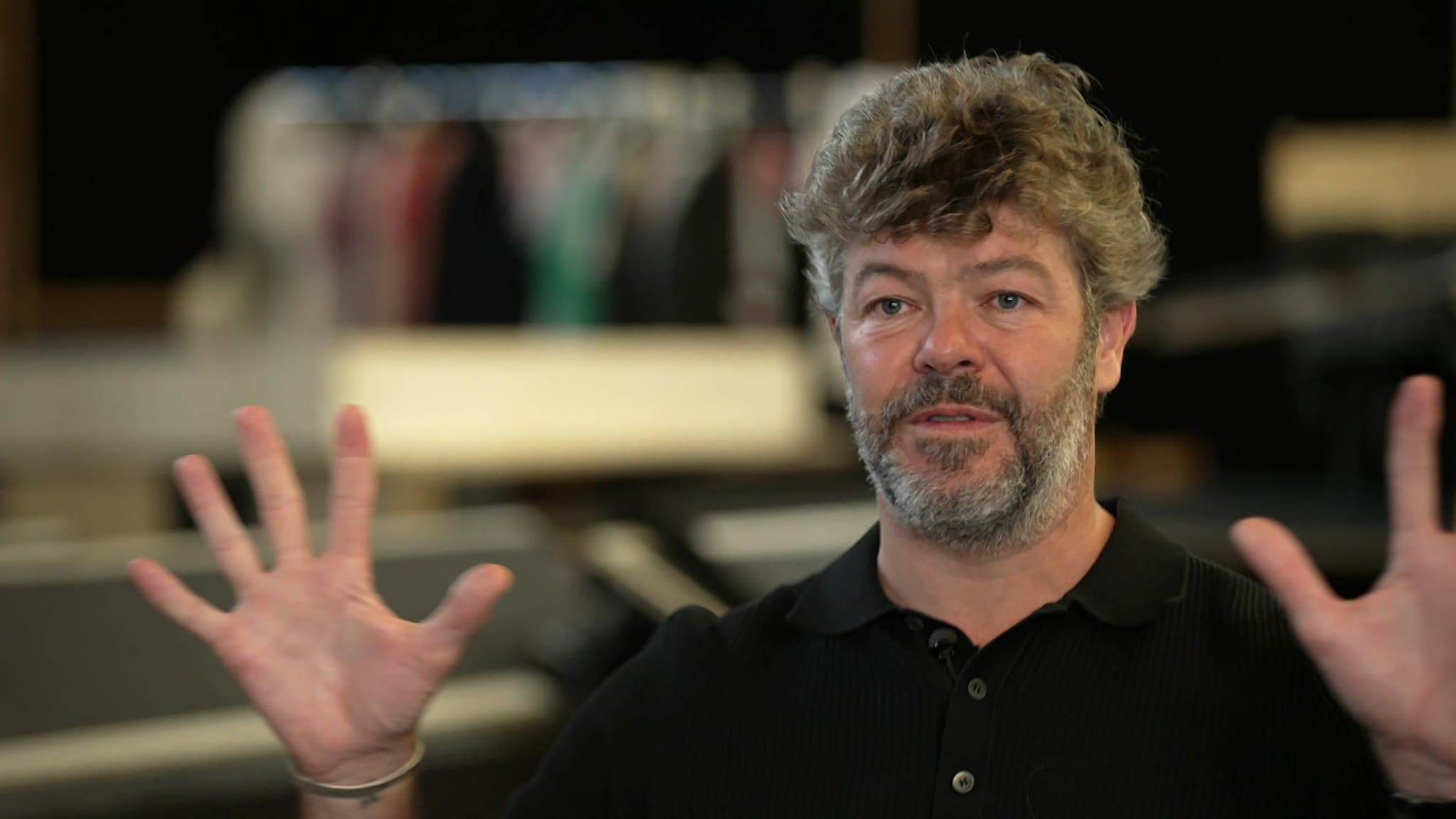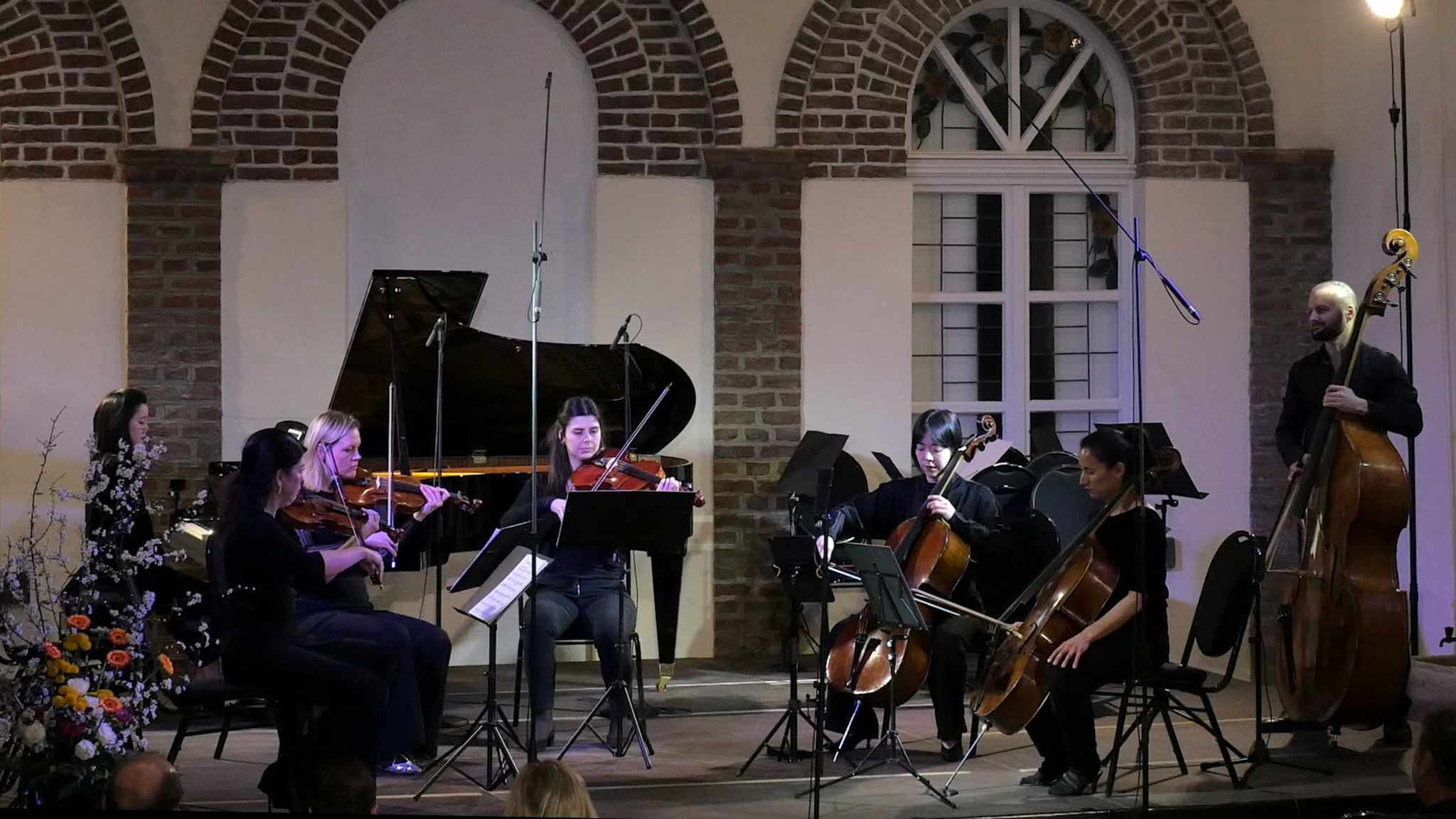Richard Wagner: Feier seiner zeitlosen musikalischen Meisterschaft
Richard Wagner, eine bedeutende Figur der Kultur des 19. Jahrhunderts, war ein berühmter deutscher Komponist, Theaterregisseur, Essayist und Dirigent. Vor allem für seine Opern bekannt, die er später als „Musikdramen“ bezeichnete, hatte Wagners Werk einen tiefgreifenden Einfluss auf die europäische Kultur und prägte Bereiche wie Philosophie, Politik und Psychiatrie.
Einführung in Richard Wagner
Geboren am 22. Mai 1813 in Leipzig, Deutschland, reichte Wagners Einfluss in Musik und Kultur weit über seine Lebenszeit hinaus und bleibt bis zu seinem Tod am 13. Februar 1883 in Venedig, Italien, spürbar. Seine zeitlosen Werke wie Der Ring des Nibelungen werden weiterhin weltweit gefeiert und aufgeführt.
Hauptbeiträge
Wagner führte das Konzept des Gesamtkunstwerks ein, das darauf abzielte, die poetischen, visuellen, musikalischen und dramatischen Künste zu vereinen. In dieser Vision war die Musik dem Drama untergeordnet, wodurch ein durchgehendes Narrativ entstand. Im Gegensatz zu den meisten Komponisten schrieb Wagner sowohl das Libretto als auch die Musik für seine Opern. Seine Werke sind durch komplexe musikalische Texturen, reiche Harmonien und die Verwendung von Leitmotiven – musikalischen Themen, die mit Figuren oder Handlungselementen verbunden sind – gekennzeichnet.
Bedeutende Werke
Wagners ehrgeizigstes Projekt, Der Ring des Nibelungen, ein Zyklus aus vier Opern, gilt als Höhepunkt seines Schaffens und verkörpert vollständig seine Vision des Gesamtkunstwerks. Weitere gefeierte Opern sind Tristan und Isolde, bekannt für ihre bahnbrechende Chromatik und ihren Einfluss auf die moderne Musik, sowie Parsifal, seine letzte Oper, die für ihre spirituellen Themen und komplexen musikalischen Strukturen berühmt ist.
Vermächtnis
Wagners Vermächtnis ist tiefgreifend. Er erweiterte das harmonische Universum seiner Zeit und ebnete den Weg für zukünftige musikalische Entwicklungen. Das von Wagner selbst entworfene Bayreuther Festspielhaus bleibt eine der wichtigsten Spielstätten für seine Werke. Sein Einfluss reicht weit über die Musik hinaus und prägt zahlreiche andere Bereiche.
Besuchen Sie die Bayreuther Festspiele 2025 für eine spektakuläre Aufführung von Wagners Die Meistersinger von Nürnberg. Dieses unvergessliche Ereignis ist ein eindrucksvolles Zeugnis von Wagners zeitloser musikalischer Meisterschaft.








